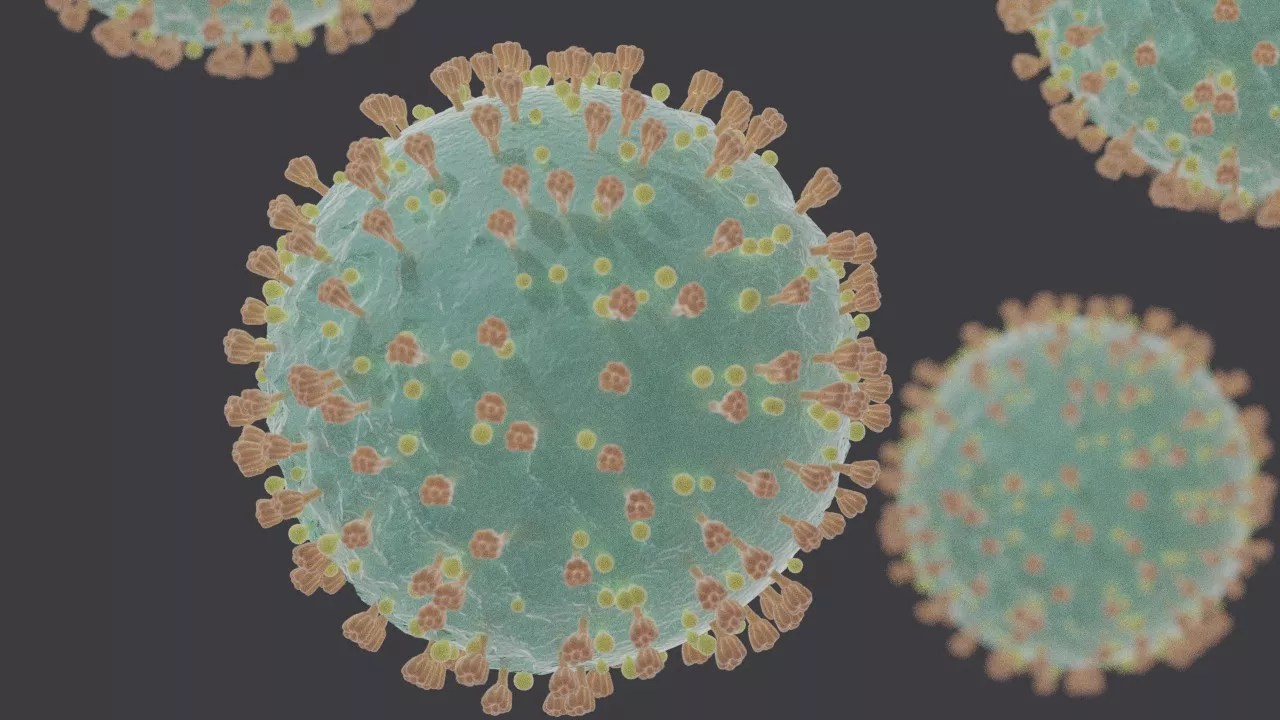
Wiki Commons

Audio By Carbonatix
As the omicron variant sweeps across Texas, Dallas County has been hammered with new cases. In just the past 14 days, the rate of positive cases has gone up over 350%. The county averaged more than 1,000 new positive cases per day over the past seven days alone. Dallas’ case numbers are growing faster than 80% of Texas counties.
Meanwhile, new guidelines from the CDC aim to relax quarantine requirements for those with positive tests, and some health professionals are unhappy about them.
Nurses associations from across the country have condemned the new guidelines, which say that people with COVID-19 should quarantine for 5 days if they don’t have symptoms, or if they have a fever that resolves within 24 hours.
The National Nurses Association, the largest nurses’ union in the U.S., accused the CDC of changing guidelines according to pressure from political and private interests. In a press statement, they claim that business interests keen on avoiding an economic downturn as the omicron variant spreads have swayed policy toward “maintaining business operations, revenues, and profits, without regard for science or the health of employees and the public.” (The Texas Nurses Association did not respond to requests for comment.)
We’re thankful for you. Are you thankful for us?
We feel thankful for our staff and for the privilege of fulfilling our mission to be an unparalleled source of information and insight in Dallas. We’re aiming to raise $30,000 by December 31, so we can continue covering what matters most to this community.
Help us continue giving back to Dallas.
Not all health professionals are on the same page, though.
“I agree with the new guidance. In fact, I think it’s overdue,” said Dr. Erin Carlson, professor of public health at the University of Texas at Arlington. “We needed new guidance to take into account where we are scientifically with this newly dominant variant,” Carlson said.
When the CDC updates guidelines, they usually provide a scientific brief pointing to specific studies that back up the changes. This time, they didn’t. “Let’s see the papers that talk about the viral load, the rate of infection. I need to see all that so we can justify this and make people feel confident in this redirection,” Jessica Malaty Rivera, an epidemiologist with the Pandemic Prevention Institute, told NPR.
“The medical advice that comes from the CDC has obvious economic impacts that the CDC is aware of and that they try to account for when they receive feedback from the White House, or from Congress, or from state officials.” – Professor Cal Jillson, SMU
The CDC claims the changes are supported by science showing that coronavirus is most contagious in the first few days after someone contracts it, but the announcement of the changes does not reference any specific studies supporting this claim.
Carlson said the CDC’s policy change is the result of many months of accumulated evidence showing that the coronavirus, and the omicron variant in particular, is most contagious in the first few days before symptoms show up, and the first day or so after. The new guidelines actually provide a bit more cushion than the science suggests is necessary, she said.
Southern Methodist University political scientist Cal Jillson pointed out that the decision cannot be divorced from business or political interests even if it’s backed up by the science.
“The medical advice that comes from the CDC has obvious economic impacts that the CDC is aware of and that they try to account for when they receive feedback from the White House, or from Congress, or from state officials,” Jillson said.
“That was particularly evident in the past few days with the reduction in the quarantine recommendation,” he said.
Dr. Rochelle Walensky, director of the CDC, told NPR that because omicron spreads faster than past variants, so many will eventually get COVID-19 that an across-the-board 10-day isolation period isn’t feasible.
“We also want to make sure that we can keep the critical functions of society open and operating,” Walensky said. She did not reference specific scientific evidence that COVID is most contagious during the first few days of infection.